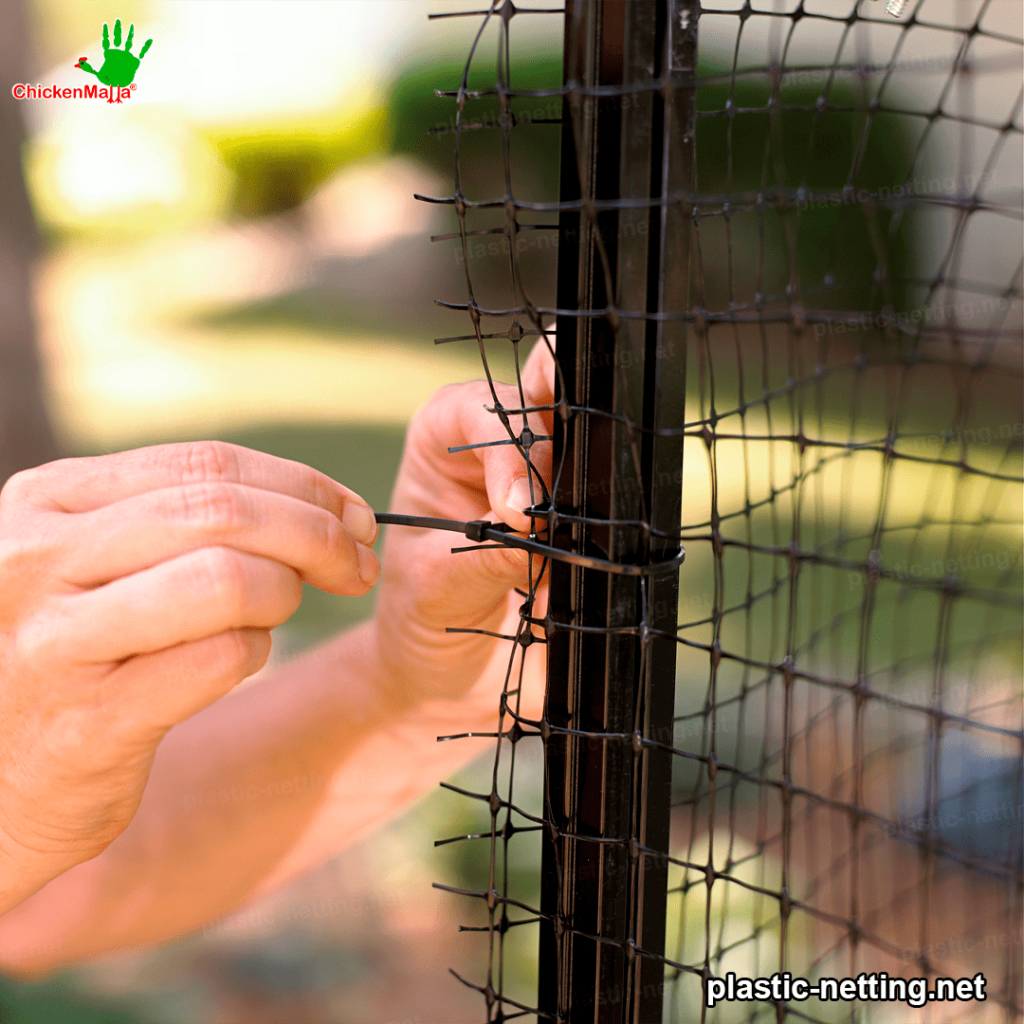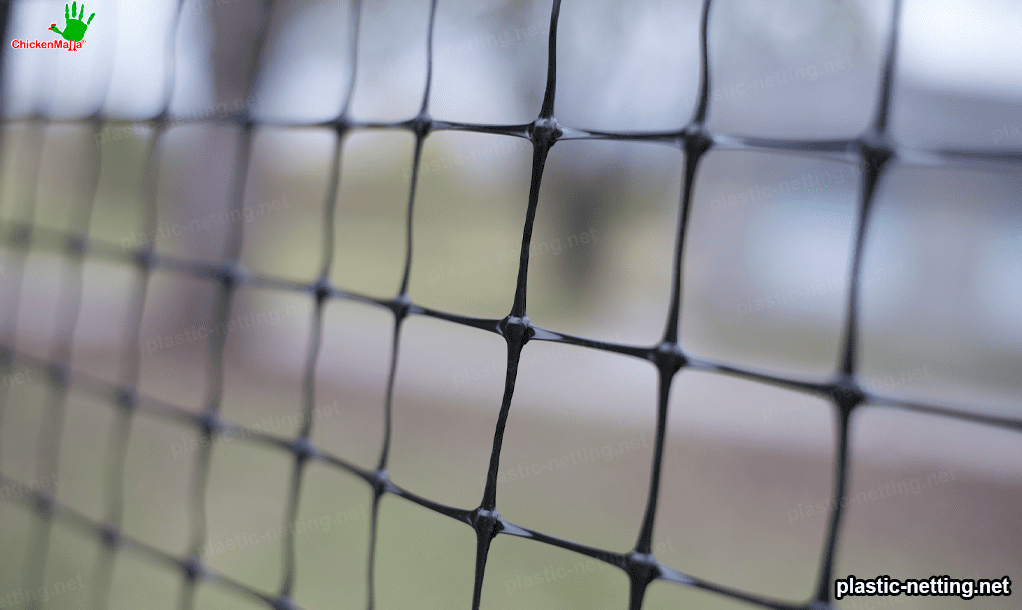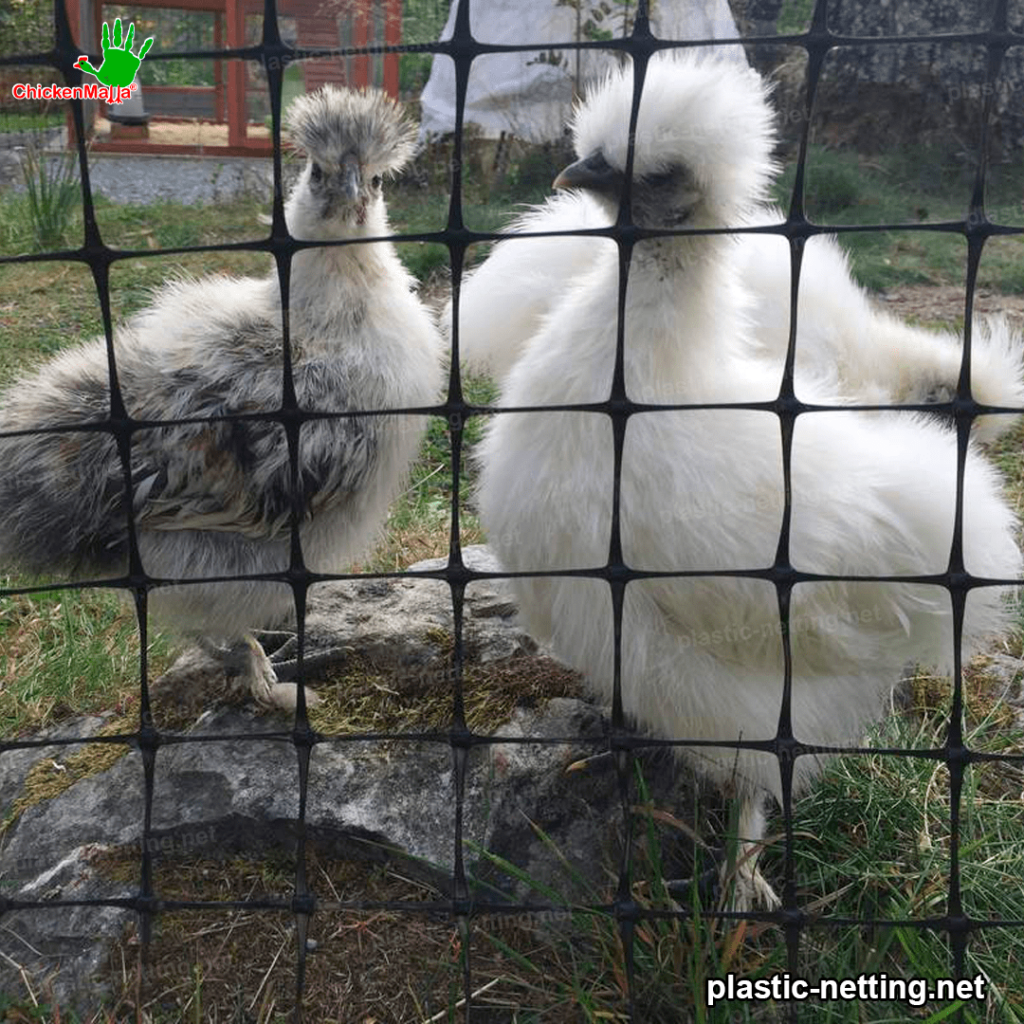Introduction
Plastic meshes are more convenient than metallic meshes for certain activities, due to a number of factors. These materials are not only more resistant to damage. But also present certain additional advantages such as greater versatility in electrification, absence of corrosion or oxides, among others.
An important feature of plastic meshes is their resistance to corrosion. Due to their special chemical composition, these meshes will not be affect by corrosion over time. This is especially useful when constructing swimming pools, water mats and other components that require a lot of wire. These meshes will not be affect by acids and chemical accelerators. Which can corrode and affect the performance of metallic materials. Greater corrosion resistance means greater mesh durability, leading to lower replacement and maintenance costs.
They also have greater flexibility in terms of their electrification. Due to their non-conductive materials, they can be use in electrical applications without the need to worry about connection. Which makes them easier to use and recycle. This also helps the environment by dispensing with the use of polluting materials.

In addition to their strength and flexibility, plastic meshes are also much lighter in weight than metallic materials
This means that they are much easier to transport and lay. As they can be handled and manipulated by hand and smaller equipment for a variety of designs. This makes it unnecessary to purchase specialized equipment for installation or handling. Which can help save a lot of time and cost in the process.
Plastic screens have many advantages that make them more convenient than metal screens. Their resistance to corrosion and flexibility in electrification. In addition to their light weight, are key factors that make them advantageous to be used in those activities in which their use is required. Finally, their greater ease of transport and handling allow savings in time, costs and resources. Which makes their use more attractive. For all these reasons, plastic meshes are more convenient than metal nets.
How the use of plastic meshes to increases yields
Technological advances have enabled modern farmers to increase their production by adopting new tools and techniques. One of these is the use of plastic meshes, which has proven to be an effective solution for improving productivity while reducing production costs. This strategy brings numerous benefits, both from an economic and environmental point of view.
In general terms, a plastic crop netting is a plastic sheet that forms a mesh and is usually place at the boundaries of an agricultural field. This mesh acts as a barrier to prevent wild animals from entering the field and initiating a disastrous depredation of the crop that farmers have put so much effort into. Another very important function of plastic crop netting is to determine the depth of the soil at the time of cultivation. This is especially important in cases where the soil is too wet, since with a plastic meshes it is possible to limit the depth of the soil so that the crops are not damaged by excessive humidity.
In addition to their functionality, plastic crop nets are very useful for agricultural production due to their economic benefits. These new tools reduce the cost of keeping wild animals away from the field, with a much lower initial investment in the netting than if personnel must be hire to ensure that the animals do not reach the field.

These nets are also useful for preventing soil erosion, a key element in modern agricultural production
Relevant benefits of using plastic crop netting include weed control, increased speed of grain recovery and resistance to the harsh effects of weather. Weed control with plastic netting is much more precise and safer than the excessive use of herbicides, which are highly harmful to the environment. These nets also prevent the advance of other harmful elements such as insects or diseases that could affect the crop.
Thanks to technological advances in modern agricultural production, the plastic crop netting solution is proving to be an extremely useful tool in improving farmers’ production. The benefits are diverse and include cost savings, increased productivity and improved environmental standards. This solution is a good investment for growers, both because of its simple implementation and the tangible results it provides.
Improvements generated by the use of plastic netting in crops
The use of plastic netting for cultivation is a tool increasingly use due to the numerous benefits it presents. Plastic nets bring a number of advantages to farmers, especially in terms of protecting crops from natural enemies such as insects and adverse weather conditions. They come in different sizes and designs and can be useful in improving crop production in various agricultural environments.
Initially, the use of plastic netting on crops offers protection to growers. These can be use to protect crops from insects and other natural enemies, allowing growers to apply more precise control over pests, reducing the need for pesticides that can be harmful to the environment. Therefore, the use of plastic netting offers better pest management and improved production results for growers.
In addition, they also allow growers to reduce the exposure of their crops to adverse weather conditions. These can be use to protect crops against strong storms and intense winds, making it much easier to maintain a stable environment for them. This hits two birds with one stone, protecting crops from natural enemies and adverse weather factors.

There are some benefits of using plastic netting on crops related to productivity
They can be used, for example, to limit irrigation to only those times when the soil is dry; in this case, the plastic netting stops unnecessary water from passing through once the soil has become wet. This helps farmers reduce their irrigation costs, as irrigations are only carried out when the soil requires it.
Thus, the use of plastic meshes on crops has become a necessary addition for many growers. These offer both short- and long-term advantages for production, making crops much more profitable. In addition, by offering greater pest control and a more stable environment for crops, this contributes to crop productivity. Therefore, the use of plastic meshes has become one of the main drivers of modern agriculture.